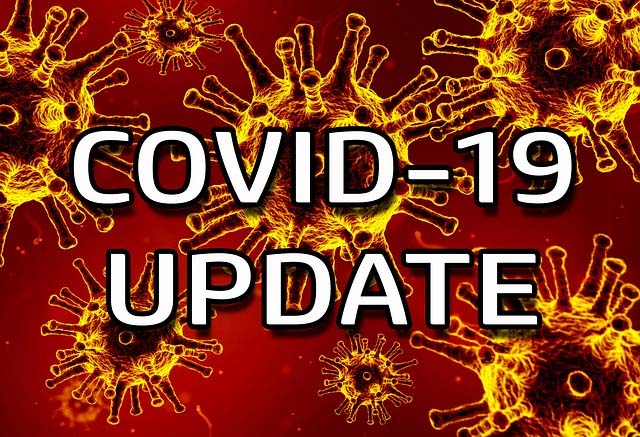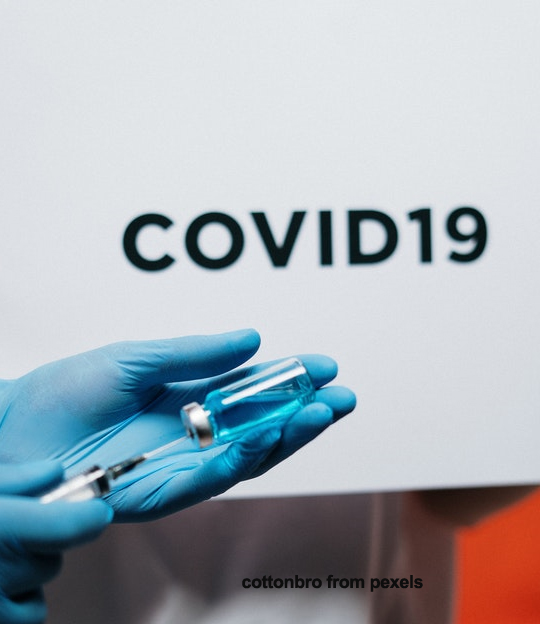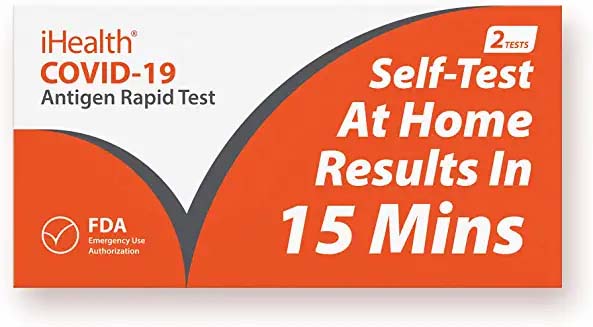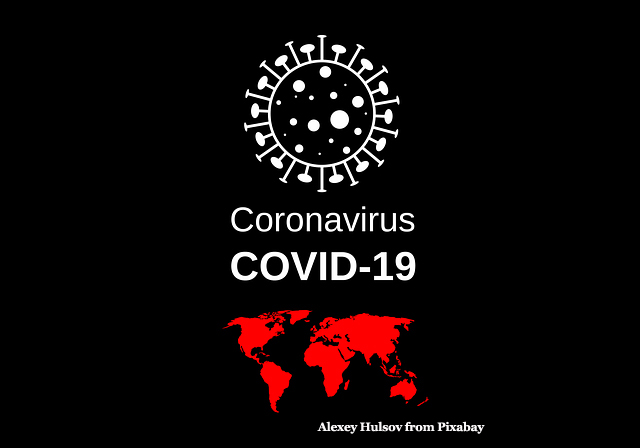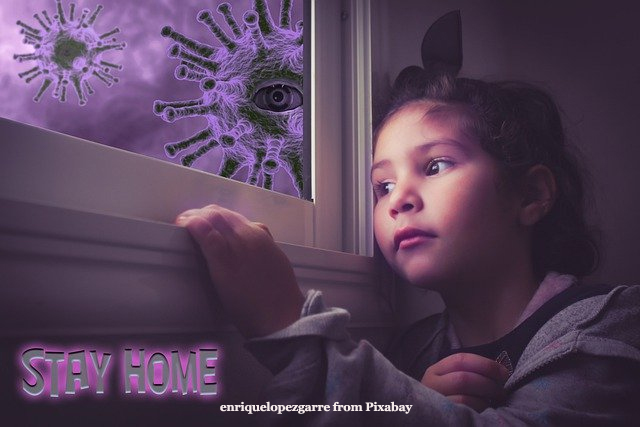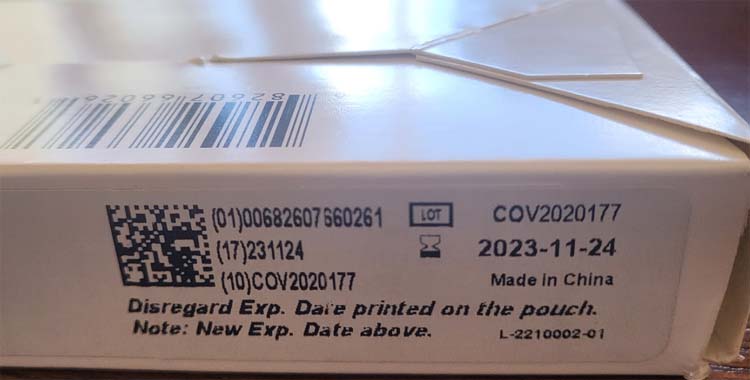COVID-19 CURRENT STATUS
COVID-19 continues to remain a significant health concern, with a notable
increase in cases observed this summer (2024). The recent surge is largely due to the omicron variants known as FLiRT, which are highly contagious.
It is expected that COVID-19 cases among older adults, specifically those aged 65 and above, will likely reach their peak around the Christmas holiday, with higher numbers expected from Thanksgiving through Valentine’s Day, reflecting patterns seen in previous winters.
The FLiRT variants have evolved to bypass certain antibodies, which aids in their rapid spread. Fortunately, they do not appear to cause more severe symptoms. Nevertheless, despite a general level of immunity to COVID-19 among the American population, older individuals still remain particularly vulnerable.
STRATEGIES FOR COVID-19 PREVENTION
- Vaccination remains the most crucial measure for preventing COVID-19 and minimizing the chances of severe illness or death. Relying exclusively on natural immunity is inadequate. The updated COVID vaccines for the 2024-2025 season from Moderna, Novavax, and Pfizer were released in September 2024, with Medicare Part B continuing to cover their costs. Most insurance plans also offer coverage for these vaccines. The latest formulations are specifically designed to address all FLiRT strains. Furthermore, the flu vaccine can be administered at the same time without any safety issues.
- Utilize masks in high-risk environments and maintain regular hand hygiene.
- Paxlovid is an antiviral medication that can lessen the severity and duration of COVID, as well as mitigate the risk of long COVID. For optimal effectiveness, it should be initiated as soon as possible after infection. It is advisable to consult your health provider and consider having Paxlovid readily available.
- Ensure you have a sufficient supply of home testing kits and verify that they are not expired. Click here to see if your COVID-19 tests have expired. If you lack current tests, they can be purchased at a pharmacy. By the end of this month (September 2024), families can again request up to four free COVID-19 tests by mail through COVIDtests.gov.
WHAT TO DO IF YOU TEST POSITIVE FOR COVID-19?
If you receive a positive COVID-19 test result, it is essential to isolate yourself until you have been free of symptoms for at least 24 hours without the aid of fever-reducing medications. For the following five days, maintain social distancing, wear a mask in the presence of others, ensure proper ventilation in your home when possible, and prioritize hand hygiene, particularly when in contact with older adults.
WHAT IS THE PRIMARY REASON FOR AVOIDING a COVID INFECTION?
The primary reason to prevent a COVID infection is to avoid the risk of Long COVID. Regardless of the severity of the initial COVID-19 illness, it may lead to significant long-term health issues. Many individuals have reported experiencing symptoms post-COVID that they did not have prior to their infection, which are often associated with Long COVID.
LONG COVID SYMPTOMS
Long COVID is classified as a disability under the Americans with Disabilities Act when it significantly restricts one or more major life activities, with over 200 symptoms identified. These symptoms can persist for months or even years following an acute COVID infection. While some individuals may experience resolution of these symptoms over time, others may face ongoing challenges.
- Chronic pain. This condition affects a number of individuals within the first year following a COVID infection. Relief may be achieved through stress reduction, maintaining a nutritious diet, and engaging in regular physical activity. Massage therapy and non-prescription pain relievers may provide additional assistance.
- Cognitive difficulties. Symptoms may include trouble concentrating, feelings of spaciness, forgetfulness, and other cognitive changes. Cognitive rehabilitation exercises are available that may help alleviate these issues.
- Severe fatigue. This may result from mitochondrial damage caused by the COVID virus, which affects cellular energy production. A recommended approach is to engage in tasks gradually, opting for shorter intervals throughout the day instead of attempting to accomplish everything at once.
- Mental Health Disturbances. Individuals experiencing mental health challenges such as depression and anxiety can be referred to a therapist by their primary care physician for appropriate support.
- Breathlessness. The virus can lead to lung scarring and thickening, necessitating respiratory exercises to help individuals relearn slow, deep breathing, as many tend to adopt shorter, shallower breaths that do not fully engage the lungs.
- Sleep issues. Conditions such as insomnia and sleep apnea may arise post-COVID. Those affected by sleep disturbances might benefit from using a CPAP machine for sleep apnea, while others can improve their sleep quality by maintaining consistent sleep and wake schedules and avoiding large meals before bedtime.
- Gastrointestinal problems. Symptoms may include diarrhea, constipation, abdominal discomfort, bloating, and gas, which are indicative of irritable bowel syndrome. One potential cause is the persistence of COVID virus remnants in the gastrointestinal tract for months after the initial infection, leading to ongoing issues. Consultation with a gastroenterologist may be necessary.
- New or exacerbated allergies. Conditions like asthma and allergic rhinitis may develop or worsen, potentially due to the immune system remaining overly reactive after combating the virus, resulting in heightened sensitivity of the body’s cells.
LONG COVID ONGOING RESEARCH
Long COVID has now been acknowledged as a complication stemming from infection by the COVID-19 virus, prompting an increase in research efforts.
The CDC is actively engaged in educating both patients and healthcare providers, while treatment alternatives are being explored through initiatives like the National Institutes of Health’s Recover Program. Research is progressing rapidly.
There is optimism that the findings from these studies, along with clinical trials, will assist physicians in managing Long COVID patients and alleviating their symptoms more effectively.
"The Cleanest Clean You've Ever Seen."
by
ABC Oriental Rug & Carpet Cleaning Co.
130 Cecil Malone Drive Ithaca, NY 14850
607-272-1566
Be sure to Sign up Below so you don't miss any special discounts or promotions from us.
Our blog content can also be sent directly to your inbox.
Blog content will be published periodically and will include only useful and interesting information, carefully chosen specifically for our customers.
You may opt out at any time.


